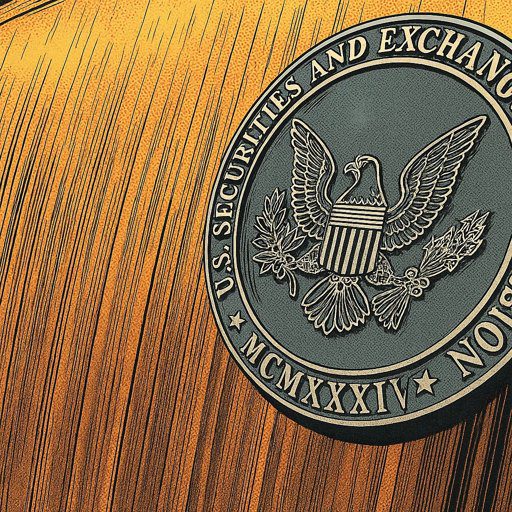On September 3, 2025, the Commodity Futures Trading Commission’s (CFTC) Division of Market Oversight and Division of Clearing and Risk issued a no-action letter regarding swap data reporting and recordkeeping requirements for certain event contracts. The relief was granted in response to a request from QCX LLC, a designated contract market, and QC Clearing LLC, a derivatives clearing organization.
👉 Full release here: CFTC Release 9113-25.
What the No-Action Letter Covers
The letter provides temporary assurance that the CFTC will not pursue enforcement action against QCX LLC, QC Clearing LLC, or their participants for:
- Failure to comply with certain swap-related recordkeeping requirements, and
- Failure to report binary option and variable payout event contracts to swap data repositories.
The relief applies only to transactions executed on or subject to QCX’s rules and cleared through QC Clearing. Importantly, the CFTC stressed that this position is narrowly tailored and aligned with prior no-action relief issued to other designated contract markets and clearing organizations.
Regulatory Context
Event contracts, often structured as binary options or variable payout wagers, have been under heightened scrutiny for years. Regulators worry about their proximity to gambling products and the risk of retail harm, while exchanges argue they serve as legitimate risk management tools and information markets.
The CFTC’s move suggests a pragmatic regulatory stance: rather than force market participants into immediate compliance with burdensome reporting rules ill-suited for these products, the Commission is temporarily allowing breathing space while it assesses broader policy implications.
Opinion & Interpretation
From a regulatory law perspective, this no-action relief underscores two key dynamics:
- Regulatory Caution, Not Endorsement: A no-action letter is not a change in law—it’s an enforcement forbearance. By issuing it narrowly, the CFTC avoids setting a broad precedent while recognizing operational challenges for market participants.
- Signals for Event Markets: The decision can be read as an acknowledgment that event contracts—despite their controversial overlap with prediction markets and betting platforms—are gaining traction in U.S. markets. The relief may reflect the Commission’s effort to balance innovation with compliance, particularly as political, sports, and climate-related event contracts draw interest.
Implications for the Event Contracts Industry
For the event contracts industry, the no-action relief provides more than just temporary regulatory leniency—it represents a signal of regulatory pragmatism. Exchanges and clearinghouses offering these products often face challenges applying traditional swap data reporting frameworks to contracts with binary or variable outcomes. By carving out targeted relief, the CFTC is implicitly acknowledging the unique operational characteristics of event contracts and the need for rules that better fit their structure. This could encourage more designated contract markets to develop and list event-based products, expanding the market beyond niche applications such as weather, energy benchmarks, or economic data releases. At the same time, it raises expectations that the Commission may ultimately have to craft a bespoke regulatory framework to balance oversight with innovation in this growing segment of the derivatives industry.
Broader Implications
For QCX LLC and QC Clearing LLC, the relief provides immediate operational certainty. For the industry, however, it raises the question of whether the CFTC is preparing for a more structured regulatory framework for event contracts, potentially distinguishing them from traditional swaps.
If such a framework materializes, it could shape the future of U.S. event-based derivatives—long hampered by legal ambiguity. Yet, critics may argue this opens the door for quasi-gambling markets under the guise of regulated products.
Conclusion
The September 3 no-action letter is a small but meaningful step in the evolving regulatory approach to event contracts. Market participants should view it less as a green light and more as a yellow caution signal: operational relief today, but a clear indication that regulatory scrutiny will only intensify in the months ahead.





